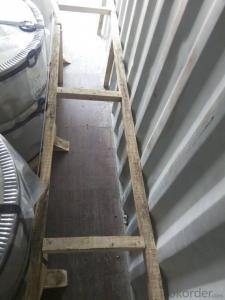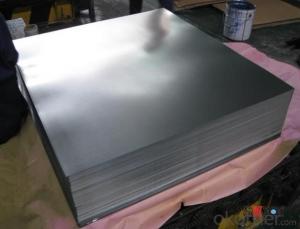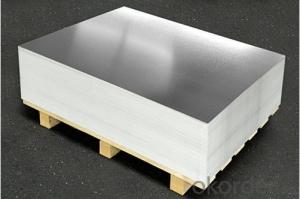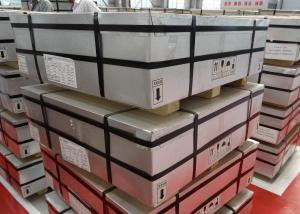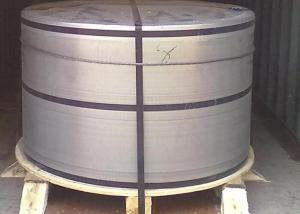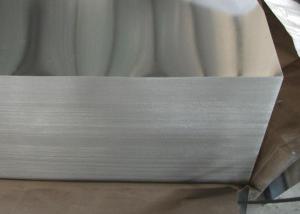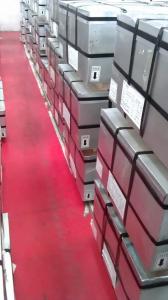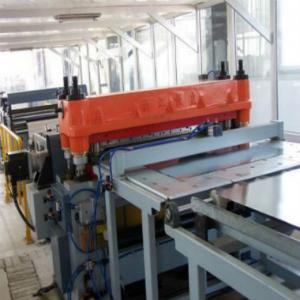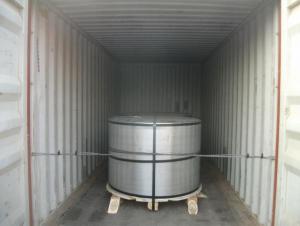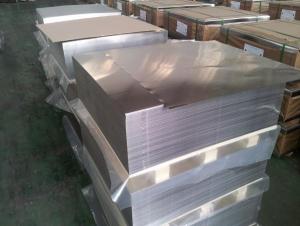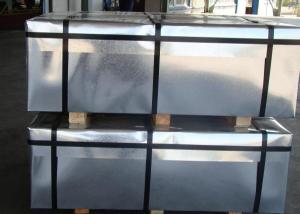Tinplate in MR Grade for Making Beverage Cans
- Loading Port:
- China main port
- Payment Terms:
- TT OR LC
- Min Order Qty:
- 25 m.t.
- Supply Capability:
- 30000 m.t./month
OKorder Service Pledge
OKorder Financial Service
You Might Also Like
1. Products: Tinplate
Tinplate and TFS are widely used for making all types of containers such as artistic cans, tea cans, painting cans, chemical package cans and metal printing etc. Its applications are not limited to containers; recently, they have also been used for making electrical machinery parts and many other products.
2. Specification:
Our goods enjoyed high quality both at home and abroad. We can supply tin free steel as follows:
Technical standard | JISG3303 and GB/T 2520-2008 |
Steel Type | MR / SPCC |
Thickness | From 0.15mm to 0.50mm (Tolerance +/- 0.01mm) |
Width | Normally 600-1050mm (Tolerance +3/-0 mm) |
Coating | 2.8/2.8g/m2 , 2.8/5.6g/m2 ,1.1/1.1 g/m2 |
Temper & Annealing | T1-T5, DR7-8, TS230-TH435, T49-T65(+/- 4) |
Surface Treatment | Bright & Fine Stone & Stone & Silver & Matt |
Payment terms | Letter of Credit (L/C), Telegraphic transfer (T/T) |
Price terms | CFR & CIF price term |
Delivery time | Within 60 days after received L/C or T/T down payment |
Packing | High quality shipping packing which contains thin plastic film, rust-proof paper, metal cover, metal angles and strap sand pallet. |
Minimum order Quantity(MOQ) | 25 metric tons (1X 20'' container) |
3. Pictures:
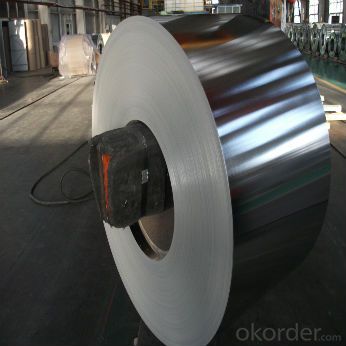
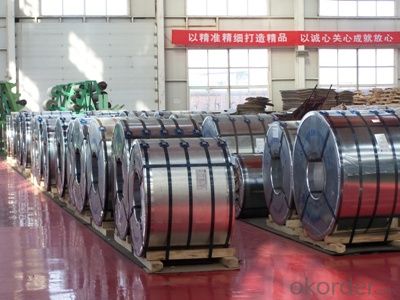
4. Features of the factory price/ tin free steel/tinplate/tfs/tmbp/etp/spte:
Beautiful Appearance
Excellent Paintability & Printability
Excellent Formability & Strength
Excellent Corrosion Resistance
Excellent Solderability & Weldability
5. FAQ:
We are one of the main producers in China for tinplate, tin free steel and also TMBP. At present, our productivity is more than 450000 MT/year.
For more information about our products or company, pls contact us freely.
Welcome your enquiries and orders.
- Q:What are the different ways to stack tinplate cans?
- There are several different ways to stack tinplate cans, including the straight stack, pyramid stack, interlocking stack, and the crisscross stack. Each method offers its own advantages and considerations in terms of stability, space efficiency, and ease of access.
- Q:How does tinplate contribute to the preservation of aerosol products?
- Tinplate contributes to the preservation of aerosol products by providing a protective and airtight barrier that prevents air, moisture, and light from entering the container. This helps to maintain the product's quality, integrity, and shelf life by preventing oxidation, contamination, and degradation. Tinplate's durability also ensures the can withstand the pressure and impact associated with aerosol dispensing, ensuring safe and reliable use.
- Q:How does tinplate handle exposure to pressure and impact?
- Tinplate is known for its excellent ability to handle exposure to pressure and impact. Its durable and sturdy nature allows it to withstand external forces without deformation or breakage. This makes tinplate suitable for various applications where it needs to withstand pressure or impacts, such as packaging, cans, and industrial components.
- Q:Can tinplate be used for packaging of flammable liquids?
- No, tinplate is not suitable for packaging flammable liquids as it can easily react with the contents and potentially cause a fire or explosion.
- Q:Can tinplate be formed into complex shapes?
- Yes, tinplate can be easily formed into complex shapes due to its malleability and ability to be shaped and molded without breaking or losing its structural integrity.
- Q:What are the main applications of tinplate in the agricultural industry?
- Tinplate is commonly used in the agricultural industry for its various applications such as packaging and storage of agricultural products, manufacturing of containers for fertilizers and pesticides, as well as for agricultural machinery components due to its corrosion-resistant properties.
- Q:How is tinplate used in the cosmetics industry?
- Tinplate is commonly used in the cosmetics industry for packaging purposes. It is often utilized to make containers such as cans and tubes that store various cosmetic products like creams, lotions, and powders. Tinplate provides durability, protection, and a sleek appearance to these cosmetic packaging materials, ensuring the safety and preservation of the products.
- Q:How does tinplate packaging contribute to product convenience for consumers?
- Tinplate packaging contributes to product convenience for consumers in several ways. Firstly, tinplate packaging is lightweight and easy to handle, making it convenient for consumers to carry and transport the product. Secondly, tinplate packaging is durable and provides excellent protection for the product, ensuring that it remains intact and safe during transportation and storage. Additionally, tinplate packaging is airtight, keeping the product fresh and extending its shelf life, which is beneficial for consumers. Finally, tinplate packaging often comes with easy-to-open features like pull tabs or twist caps, making it convenient for consumers to access the product without the need for additional tools.
- Q:How many kinds of tinplate are there? What is the code number?
- Specification: Tinplate tinplate cans (three cans) is mainly divided into "15120", "15173", "15240" etc.. "15120" capacity is 2.2kg, diameter is 150.3, height is 120; "15173" capacity is 3kg, diameter is 150, height 173; "15240" capacity is 4.5kg, diameter is 150, height is 240.
- Q:How is tinplate coated for beverage cans?
- Tinplate is coated for beverage cans through a process called electrolytic tin-plating. In this process, a thin layer of tin is applied onto the surface of the steel sheet, which acts as a protective coating. The steel sheet is first cleaned and then passed through an electrolyte solution containing tin ions. An electric current is applied, causing the tin ions to bond with the steel surface, resulting in a uniform and corrosion-resistant tin coating. This tin coating ensures that the beverage cans remain safe and preserves the flavor and quality of the drink inside.
1. Manufacturer Overview |
|
|---|---|
| Location | |
| Year Established | |
| Annual Output Value | |
| Main Markets | |
| Company Certifications | |
2. Manufacturer Certificates |
|
|---|---|
| a) Certification Name | |
| Range | |
| Reference | |
| Validity Period | |
3. Manufacturer Capability |
|
|---|---|
| a)Trade Capacity | |
| Nearest Port | |
| Export Percentage | |
| No.of Employees in Trade Department | |
| Language Spoken: | |
| b)Factory Information | |
| Factory Size: | |
| No. of Production Lines | |
| Contract Manufacturing | |
| Product Price Range | |
Send your message to us
Tinplate in MR Grade for Making Beverage Cans
- Loading Port:
- China main port
- Payment Terms:
- TT OR LC
- Min Order Qty:
- 25 m.t.
- Supply Capability:
- 30000 m.t./month
OKorder Service Pledge
OKorder Financial Service
Similar products
New products
Hot products
Hot Searches
Related keywords
